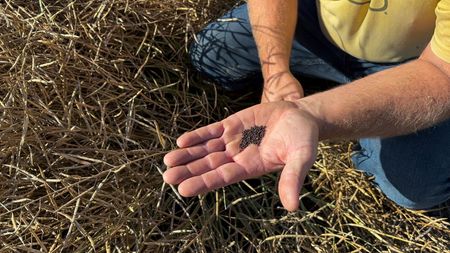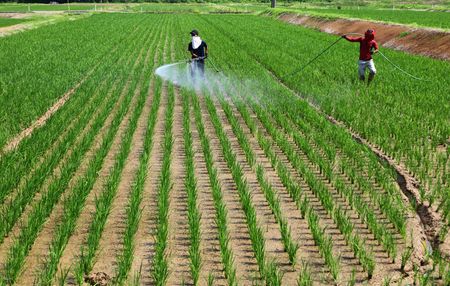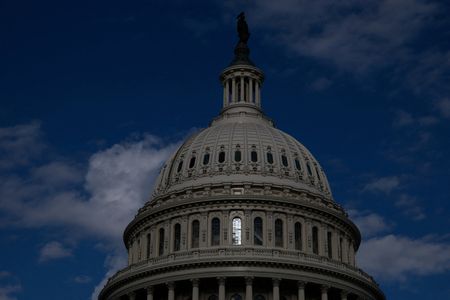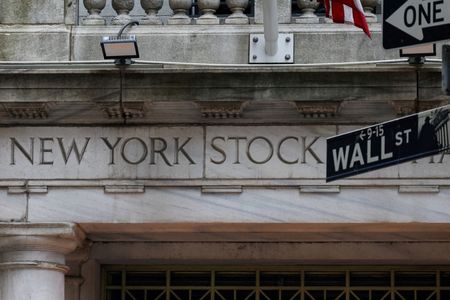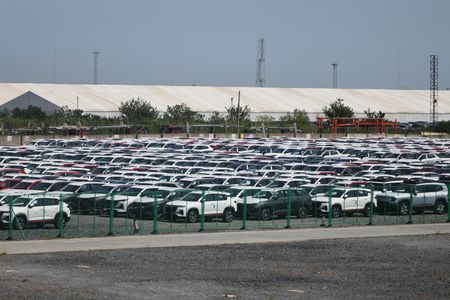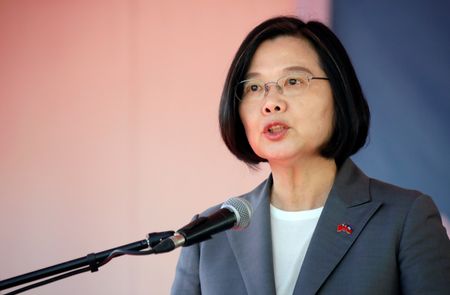By Ed White
WINNIPEG (Reuters) -Canada’s agriculture minister said in an interview on Monday his weeklong trip to China is evidence of bilateral relations beginning to thaw, something desperately needed by Canada’s farmers and canola exporters.
Canada’s canola exports have been effectively blocked from China, at times Canada’s biggest seed export market, for months due to import duties on Canadian canola seed, oil and meal. These were part of China’s response to Canada’s 2024 100% duties on Chinese electric vehicles. Canola sales to China were worth C$4.9 billion ($3.49 billion) in 2024.
“This is not 2018 anymore. This is 2025. It’s a new (Canadian) government. We have a new leader. We want to do business,” Canada’s Agriculture Minister Heath MacDonald said a week after his return.
China had blocked most Canadian canola imports and some other products in 2018 in response to Canada arresting a Huawei executive on a U.S. warrant.
After the executive was released, relations became less frosty and canola sales recovered, until former Prime Minister Justin Trudeau followed the U.S. in imposing the EV tariffs.
MacDonald said his trip included meetings with senior Chinese government, research and commercial agriculture representatives whom he found willing to work together on agriculture issues.
No timeline or promises have been made on removing the Chinese restrictions, MacDonald said, but the relationship is warmer.
“We’re leaning on an open door and I think it’s important that we keep the communication open,” said MacDonald. After the minister’s visit a delegation of technical officials began looking at resolving trade snags.
The EV issue was raised in the agriculture talks, MacDonald said.
Chinese President Xi Jinping met Canadian Prime Minister Mark Carney on the sidelines of the Asia-Pacific Economic Cooperation (APEC) economic summit in Korea on October 31 and invited him to visit China. MacDonald said this is a sign of the thawing relations.
“I’m optimistic. I really am. I think we’re going to get somewhere. I think the willingness is there by both countries,” he said.
($1 = 1.4024 Canadian dollars)
(Reporting by Ed White; Editing by Richard Chang)

